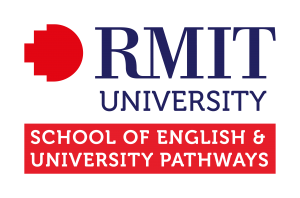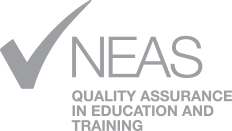
RMIT University Vietnam, established in 2000 and delivering its first program in 2001, is a branch of RMIT University, one of Australia’s largest and most prestigious institutions. The university provides a wide range of undergraduate and postgraduate programs, fostering innovation, critical thinking, and global perspectives. The School of English and University Pathways (SEUP) at RMIT Vietnam is well-established, offering programs such as English for University (EU), an IELTS Pathway Program, Corporate English classes, and English for Teens. These programs are available at different combinations across the campuses in Ho Chi Minh City, Danang, and Hanoi.
We extend our congratulations to SEUP for its successful completion of the NEAS Quality Review for 2024. This review encompassed structured meetings and focus group discussions involving management, students, teachers, and professional staff. Additionally, the use of anonymised Quality Principles Surveys helped identify focal points for the Quality Review process, while comprehensive stakeholder feedback was analysed in alignment with the key Principles and Drivers of the NEAS Quality Assurance Framework. For more information on the Quality Assurance Framework, please refer to this section of the NEAS website: https://neas.org.au/resources/neas-quality-framework/.
Over the past two years, key leadership roles at SEUP have changed, leading to carefully managed policy adjustments and ensuring smooth transitions for staff. Both survey results and focus group discussions have reflected positively on the organisation and its professional environment. Notably, the majority of Under 18 students are enrolled in the Teens Program, and SEUP is commended for employing an Under 18s specialist to oversee appropriate training, policies, and procedures in this area.
Teachers are well-qualified, with the Work Visa requirements ensuring the placement of experienced professionals. Standardised rubrics are used for assessments, and end-of-term assessments undergo rigorous quality control, with items marked multiple times and spot checks conducted across campuses. Students in focus groups praised teachers for their caring attitudes, willingness to share information, and engaging teaching methods. The orientation program effectively informs students about university well-being services and support staff. Course outlines, provided and discussed during orientation each term, offer clear and detailed information on learning aims, assessments, and requirements. Students appreciated knowing what they would learn in advance, with topics for the following week introduced on the previous Friday to facilitate preparation. They also felt comfortable with the amount and type of feedback provided.
June 2024
